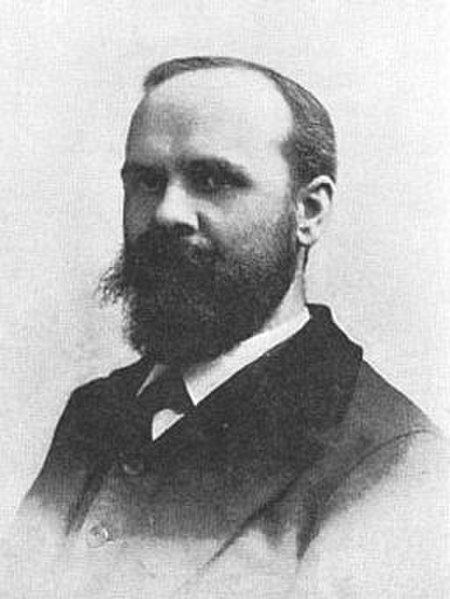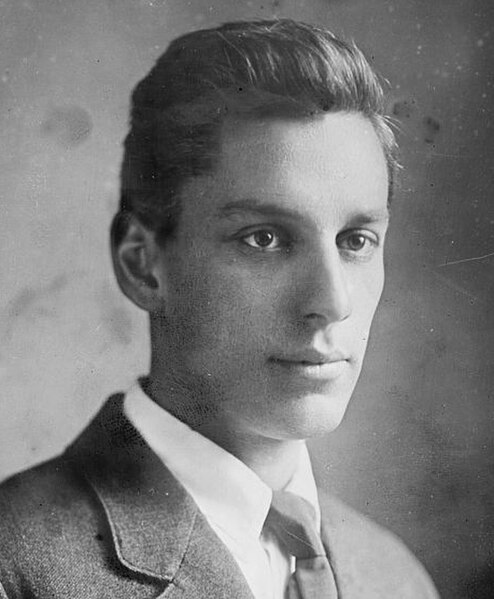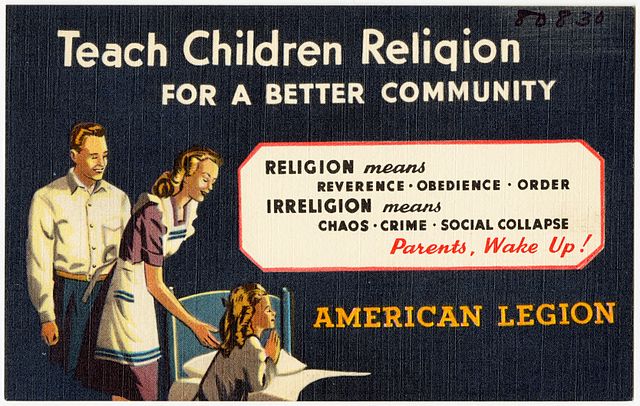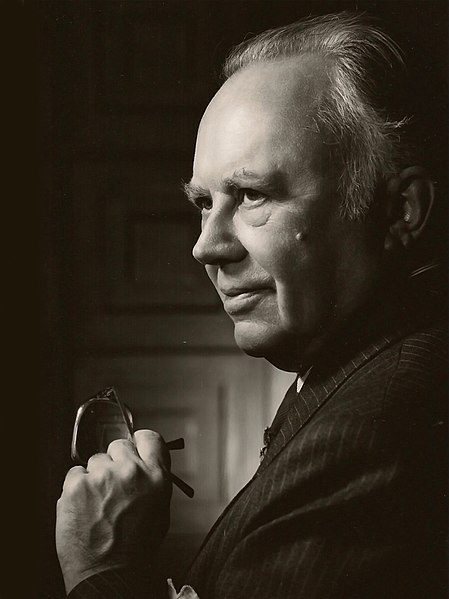Libertarianism in the United States
In the United States, libertarianism is a political philosophy promoting individual liberty. According to common meanings of conservatism and liberalism in the United States, libertarianism has been described as conservative on economic issues and liberal on personal freedom, often associated with a foreign policy of non-interventionism. Broadly, there are four principal traditions within libertarianism, namely the libertarianism that developed in the mid-20th century out of the revival tradition of classical liberalism in the United States after liberalism associated with the New Deal; the libertarianism developed in the 1950s by anarcho-capitalist author Murray Rothbard, who based it on the anti-New Deal Old Right and 19th-century libertarianism and American individualist anarchists such as Benjamin Tucker and Lysander Spooner while rejecting the labor theory of value in favor of Austrian School economics and the subjective theory of value; the libertarianism developed in the 1970s by Robert Nozick and founded in American and European classical liberal traditions; and the libertarianism associated with the Libertarian Party, which was founded in 1971, including politicians such as David Nolan and Ron Paul.
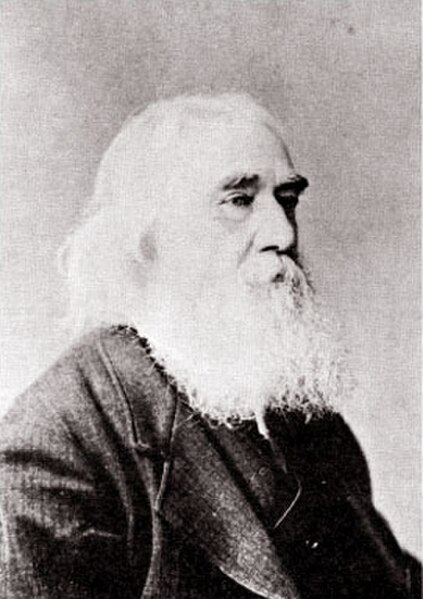
Individualist anarchist Lysander Spooner, whose No Treason: The Constitution of No Authority greatly influenced libertarianism in the United States
Benjamin Tucker, an invidualist anarchist who contrapposed his anarchist socialism to state socialism
H. L. Mencken, one of the first people to privately call himself libertarian
Max Eastman, a former socialist who proposed the terms New Liberalism and liberal conservative
Conservatism in the United States
Conservatism in the United States is based on a belief in limited government, individualism, traditionalism, republicanism, and limited federal governmental power in relation to U.S. states. It is one of two major political ideologies of the United States. Conservative and Christian media organizations and American conservative figures are influential, and American conservatism is a large and mainstream ideology in the Republican Party and nation. As of 2021, 36 percent of Americans consider themselves conservative, according to polling by Gallup, Inc.
William F. Buckley Jr., an author who founded National Review magazine in 1955
President Ronald Reagan holding a "Stop Communism in Central America" t-shirt on the South Lawn of the White House in March 1986
An American Legion postcard urging parents to teach religion to their children as a civic duty, c. 1930s
Russell Kirk, conservative theorist and author of The Conservative Mind, published in 1953


